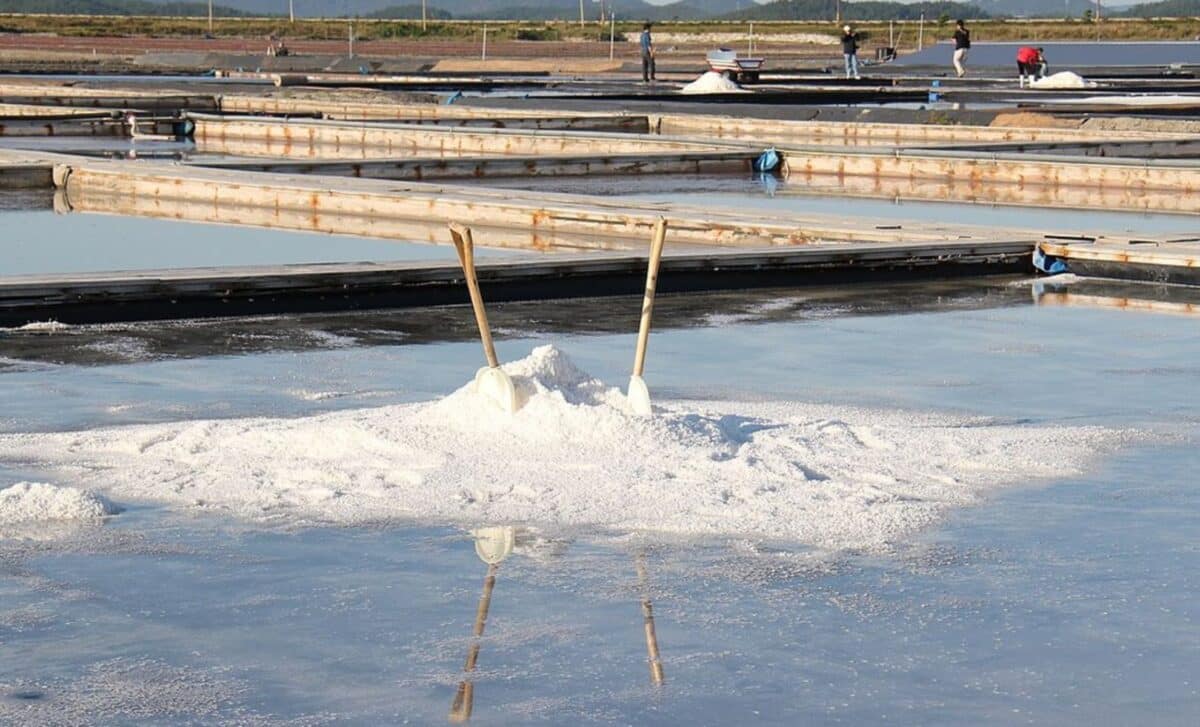The United States has taken a decisive step to address forced labour by blocking imports from a major South Korean salt farm. This move highlights the ongoing issues with exploitation in South Korea’s salt industry, which have persisted for years despite previous legal actions.
Forced labour has plagued South Korea’s salt industry for over a decade, with many workers subjected to severe abuse. The U.S. import ban on Taepyung Salt Farm shines a spotlight on this issue, potentially prompting stronger international efforts to combat exploitation in global supply chains.
Forced Labour Exposed on South Korea’s Salt Farms
The decision comes after years of allegations against Taepyung and other salt farms located on remote islands off South Korea’s southwest coast. These islands, including Jeungdo in Sinan County, are home to the country’s largest sea salt producers.
Taepyung, which is responsible for approximately 6% of South Korea’s total salt output, has faced repeated accusations of using forced labour to harvest and process salt.
According to reports, workers—many of whom have disabilities—were subjected to brutal conditions, including excessive working hours, physical violence, debt bondage, and withheld wages. The forced labour issue in the region was first exposed in 2014 when dozens of victims were rescued during a police operation.
Despite the media coverage and judicial actions, human trafficking and labour abuses have continued.
The U.S. CBP has stated that it identified several signs of forced labour during its investigation of Taepyung, including restrictions on workers’ freedom of movement and the retention of identity documents.
These revelations add to a disturbing pattern of labour exploitation that has persisted for years, despite the exposure of these practices in 2014 and 2021.
Legal Ramifications and Calls for Reform
The ban on imports from Taepyung Salt Farm represents a significant move by the United States to tackle forced labour in global supply chains. It is also a critical moment for South Korea, which has long struggled to eradicate slavery within its salt industry.
In 2019, South Korea’s Supreme Court acknowledged the government’s failure to protect workers and ordered compensation for those who had suffered on these farms.
Activists and legal experts have urged the South Korean government to take more effective measures to combat the issue. Lawyer Choi Jung Kyu, who has been involved in legal proceedings against these farms, hopes that the U.S. action will put additional pressure on South Korea to enforce stricter regulations and eliminate forced labour.
The long-standing problem of forced work in South Korea’s salt industry raises broader questions about accountability within the country’s regulatory framework and the effectiveness of local law enforcement in addressing human rights abuses.









